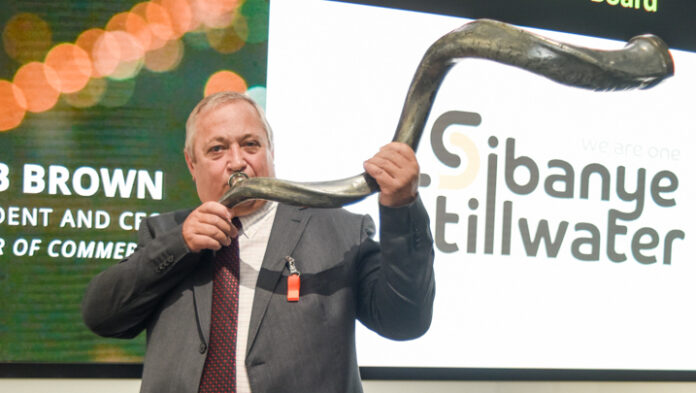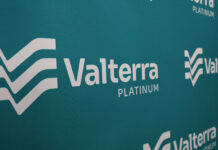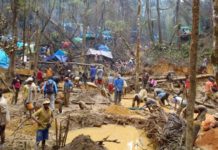
SIBANYE-Stillwater’s outgoing CEO Neal Froneman has called on Western nations to offer price guarantees for critical minerals, arguing such support is essential to challenge China’s market dominance backed by extensive government subsidies.
Froneman told the Financial Times in an interview that governments must create competitive conditions for mining companies serving Western markets. “If we mine for the US or even Europe, we should be guaranteed certain prices so that we get the right returns,” he said.
His appeal reflects growing concern among industrialized countries over China’s control of critical minerals supply chains. Beijing’s recent export restrictions on rare earths, gallium, germanium and graphite have disrupted manufacturing in defense, automotive and semiconductor sectors across Western nations, said the newspaper.
A coordinated purchasing approach, where the US and allies such as Australia would guarantee minimum prices for strategic materials, has emerged as a potential solution following last month’s G7 summit, the FT said in its article. Leaders committed to establishing “standards-based markets” for critical minerals as a preliminary step toward collective procurement.
Froneman, who steps down in September, highlighted the advantages Chinese competitors enjoy through cheaper financing and relaxed environmental regulations. Despite these challenges, he praised Sibanye’s strategic focus on Western customers rather than Chinese contracts.
“We recognised that the world was going to de-globalise, and polarize around the east and the west,” said Froneman, who has guided the company since its 2013 formation.
While Sibanye-Stillwater has secured some government backing for individual projects, Froneman emphasised the need for broader Western support to maintain competitiveness against state-supported Chinese rivals.
In March, Sibanye-Stillwater received the support of the European Commission which identified two of the Johannesburg firm’s projects strategic.
The EC declared the Keliber lithium project in Finland and GalliCam project in France as ‘Strategic Projects’ under the European Union’s (EU’s) Critical Raw Materials Act (CRMA). The CRMA aims to ensure that European extraction, processing and recycling of strategic raw materials meet 10%, 40% and 25% respectively of the EU’s demand by 2030.
“The recognition by the European Commission affirms our strategic investments and focus on regional ecosystem development and we look forward to advancing these critical projects and delivering lasting value to our stakeholders,” said Froneman at the time.
Sibanye-Stillwater will spend about R4.3bn in the 2025 financial completing Keliber in which it has a 78.9% stake. First production of lithium hydroxide, produced from ore mined at the site, is scheduled for 2026. This is about three years before lithium goes into deficit, after including other projects, according to a Sibanye-Stillwater’s forecast.
Once it reaches full capacity, Keliber is forecast to produce approximately 15,000 tons a year of battery-grade lithium hydroxide for at least 18 years.
Currently in pre-feasibility stage, the GalliCam project in France is Sibanye-Stillwater’s Plan B for Sandouville, a nickel refinery that became lossmaking last year amid a slump in the metal’s price. GalliCam will repurpose the refinery to produce precursor ‘cathode active material’, known as pCAM.
“The GalliCam project intends to advance the European and French Electric Vehicle (EV) battery industry by becoming one of Europe’s first pCAM producers,” said the group which has earmarked R198m in capital expenditure this year.










